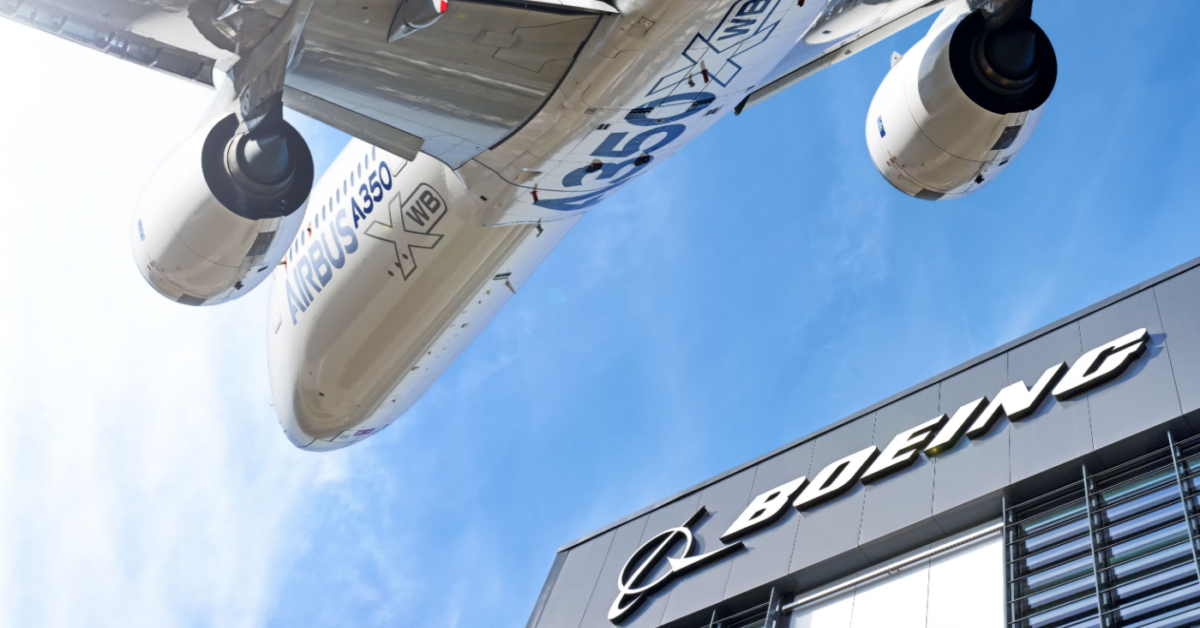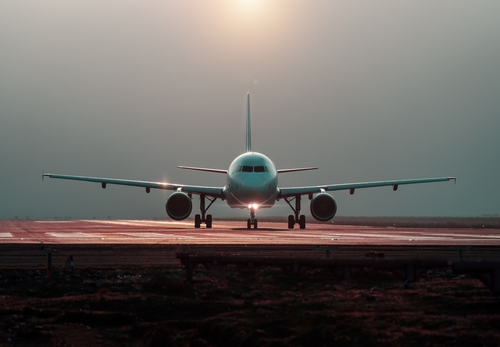On October 27, 2020, Visible Alpha’s Research and Innovation Lab hosted a webinar with Andrew Lobbenberg, HSBC’s European Equity Research Sector Head of Transport, to discuss the dramatic impact of Covid-19 on airlines this year and the industry’s rocky recovery trajectory.
When we initially started discussing themes and trends for the webinar, the outlook for the industry was starting to look up. In late July and early August, consumer confidence in travel precautions and safety grew, and summer travel picked up, though still below 2019 levels. Analysts revised their models in hope that travel demand would increase as countries loosened travel restrictions and Covid-19 cases declined.
However, by mid-August Covid-19 cases started to rise again across Europe, quickly halting demand. The sunny days of summer quickly turned dark as inconsistent government responses were imposed across the E.U. As the second wave of the pandemic spreads, the recovery for business and long-haul travel remains quite distant.
The airline industry has been historically volatile and faced many challenges. When asked to compare the impact of the current global pandemic on the airlines industry with the impact from 9/11, Mr. Lobbenberg said that what we’re facing now is larger and far more enduring. After 9/11, there were abrupt changes in confidence, but people eventually returned to flying.
“What we’re living through now is radically larger and more traumatic to the industry,” he said.
So what does the path to recovery look like? So far, there is more demand in domestic markets while international markets remain held back. Recovery is already playing out in domestic markets in China and Russia. Visible Alpha consensus shows the longest recovery forecasts expected in the U.S. and quicker recovery timelines in Asia.
With that in mind, it’s important to note that the European Union was previously thought of as a domestic market, but all of a sudden, borders matter. Airlines are rushing to add domestic services, as we can see in Norway, Italy and Sweden. In Sweden, TUI recently launched six new direct routes to ski resorts in the mountains of northern Sweden.
In regards to business travel, Mr. Lobbenberg believes demand will return, though likely at a lesser volume. Business travel demand was already declining pre-pandemic as companies were more aware of their carbon footprint, and airlines will have to find long-term solutions to minimize their environmental impact.
In addition to believing that air travel will recover, investors also need to believe that equity won’t be wiped out by the damage and the debt that has accumulated during the pandemic. This will come down to how much debt companies are building and how effectively these companies can hibernate this winter. Airline companies will emerge with damaged balance sheets, but they will want to repair them.
Governments have supported flag carriers in the past, and we’ve seen during this pandemic that airlines are valued. They create regional and global connectivity, enabling trading economies to thrive.
On a more positive note, the cargo market has been incredibly strong. Supply chains have been disrupted due to border closures, shifting more and more cargo from sea and land to air. In an unprecedented move, airlines have been using passenger aircraft as freight carriers.
To watch the full webinar and deck, request access here. For more information on the key performance indicators in the airlines industry, read our airlines industry guide.



